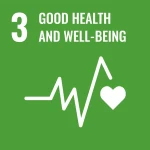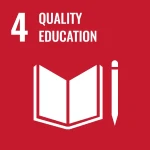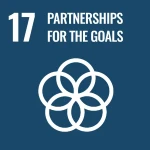Our ageing population and a forecasted increase in immigration mean demand on our health system is unlikely to decrease in the future.
At the University of Waikato we understand that primary care is crucial to improving health outcomes and reducing overall healthcare costs.
Our academics are producing impactful research to support primary care health systems, including tackling healthcare inequities, preventing illnesses or detecting illnesses early, addressing healthcare workforce shortages and collating evidence to aid health policy.
In 2024 our researchers used national-level data on lung cancer and breast cancer to reveal disparities in wait times, access to surgery and treatment between Māori and Pākehā patients. Our research highlights that inequities persist and gives greater visibility to the need for timely and equitable treatment.
Our researchers uncovered that patients diagnosed with lung cancer through emergency departments in the Waikato had more advanced-stage disease and lower survival rates than those diagnosed by their general practitioner. This further validates our aim to strengthen primary healthcare.
Our team of diabetes researchers is working alongside primary health organisations (PHOs) to forge new pathways for diabetes patients, particularly Māori who are disproportionally impacted. We showed that technology-enhanced, culturally informed primary care results in sustained improvements for Indigenous patients with type 2 diabetes.
Also, our research identified high rates of psychological distress in people with type 1 diabetes, particularly females and Māori, providing an objective rationale for routine screening of psychological distress in diabetes care.
As a university in heartland Waikato, we are committed to improving healthcare access for those in traditionally underserved regional and rural areas. In 2024 our researchers collaborated with academics across the country to address the challenge of geographic equity in health service design because, as we discovered, New Zealand's most remote communities use health services the least, even though they have the highest rates of preventable deaths. This work is vital evidence to aid in making better policy decisions.
The University listened to our Primary Health Organisation (PHO) collaborators and other healthcare providers to address primary care workforce shortages. To this end, the University signed a Memorandum of Understanding with three PHOs to create a regional network of training facilities to support interprofessional clinical placements across a range of primary care health professions.
Moreover, we are building new pathways to train and fast track graduate health workers.
In 2024 we continued to be the leading provider for postgraduate nursing students and laid the groundwork for our Masters of Clinical Practice Midwifery and our Master of Pharmacy Practice, which welcome their first cohorts in 2025.









